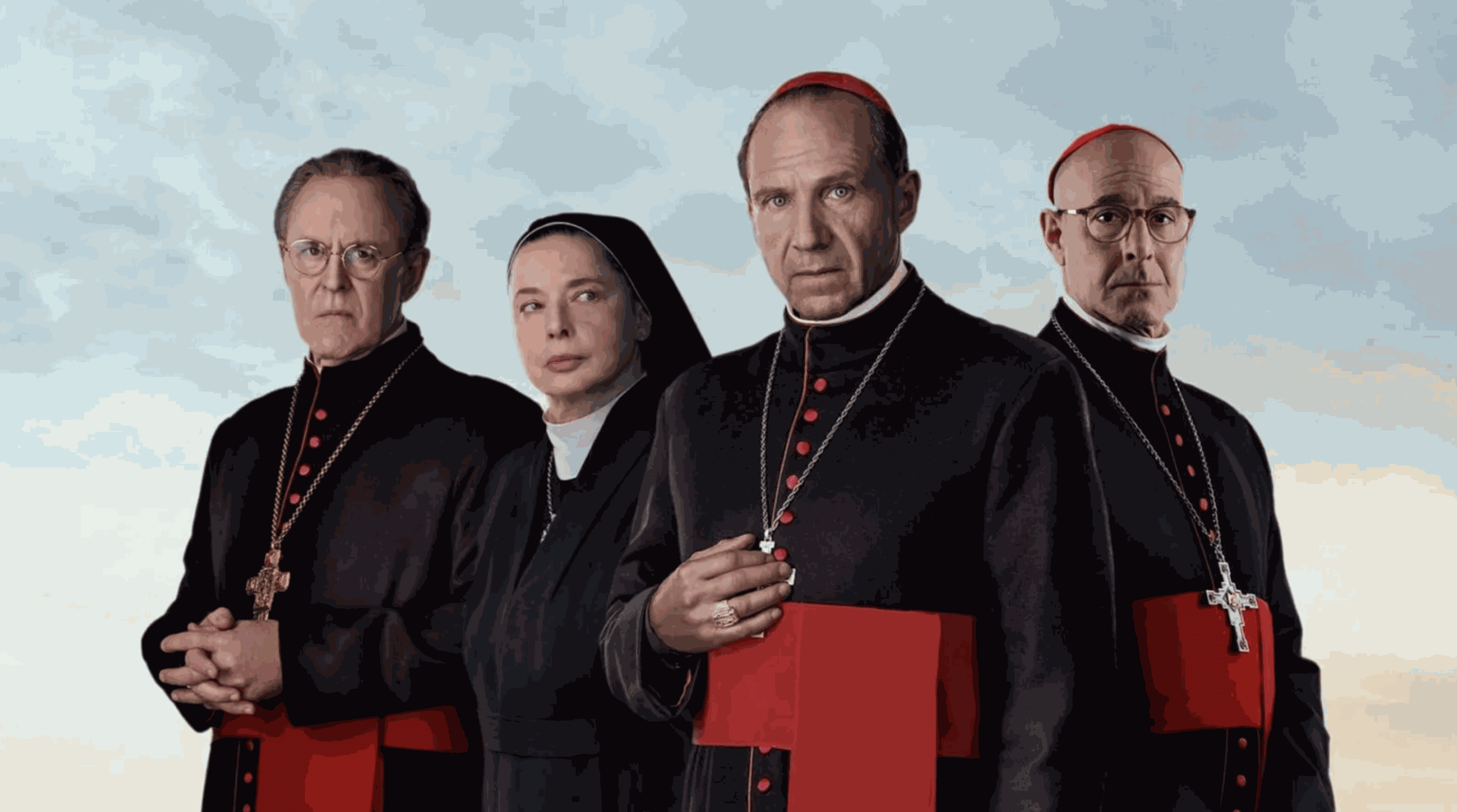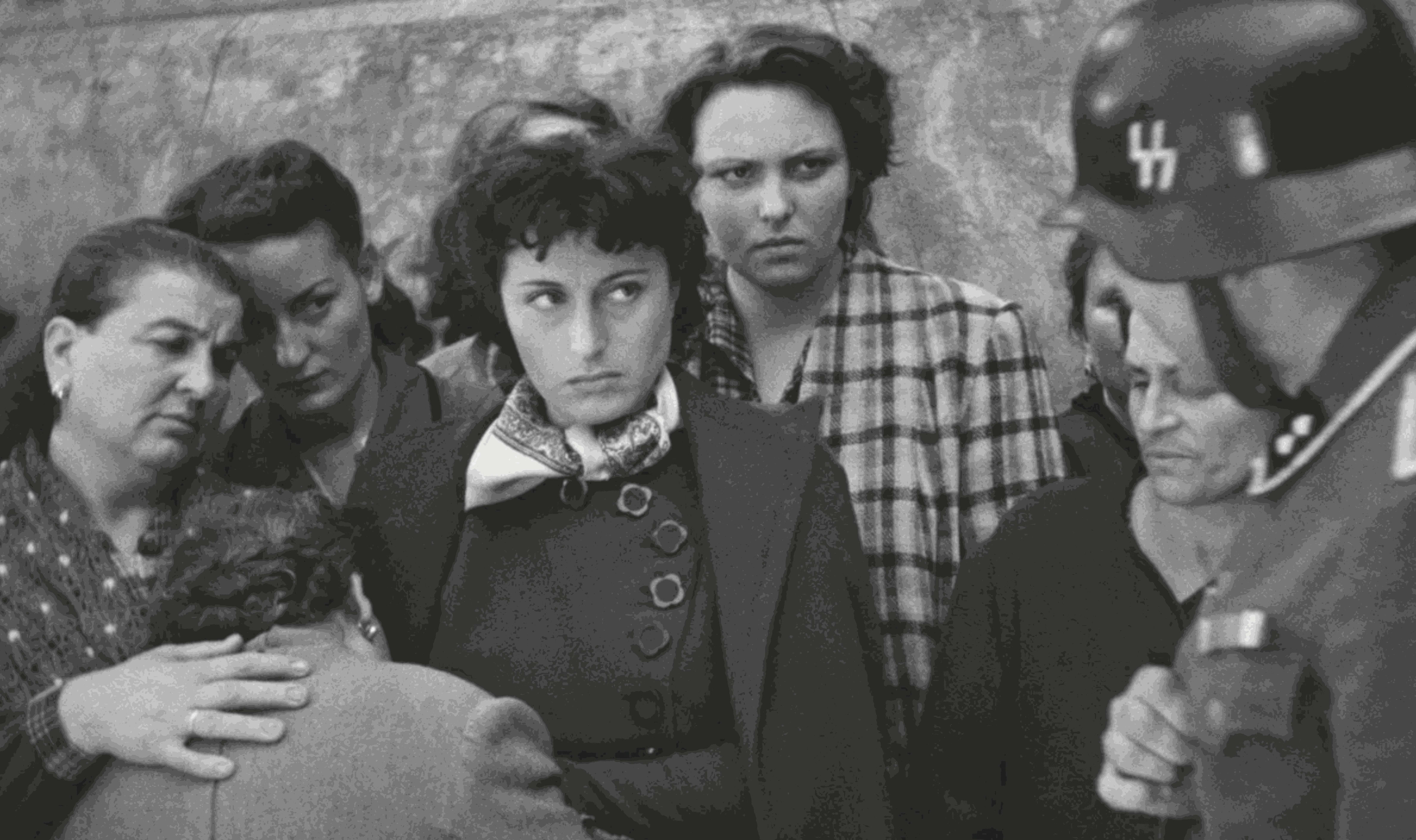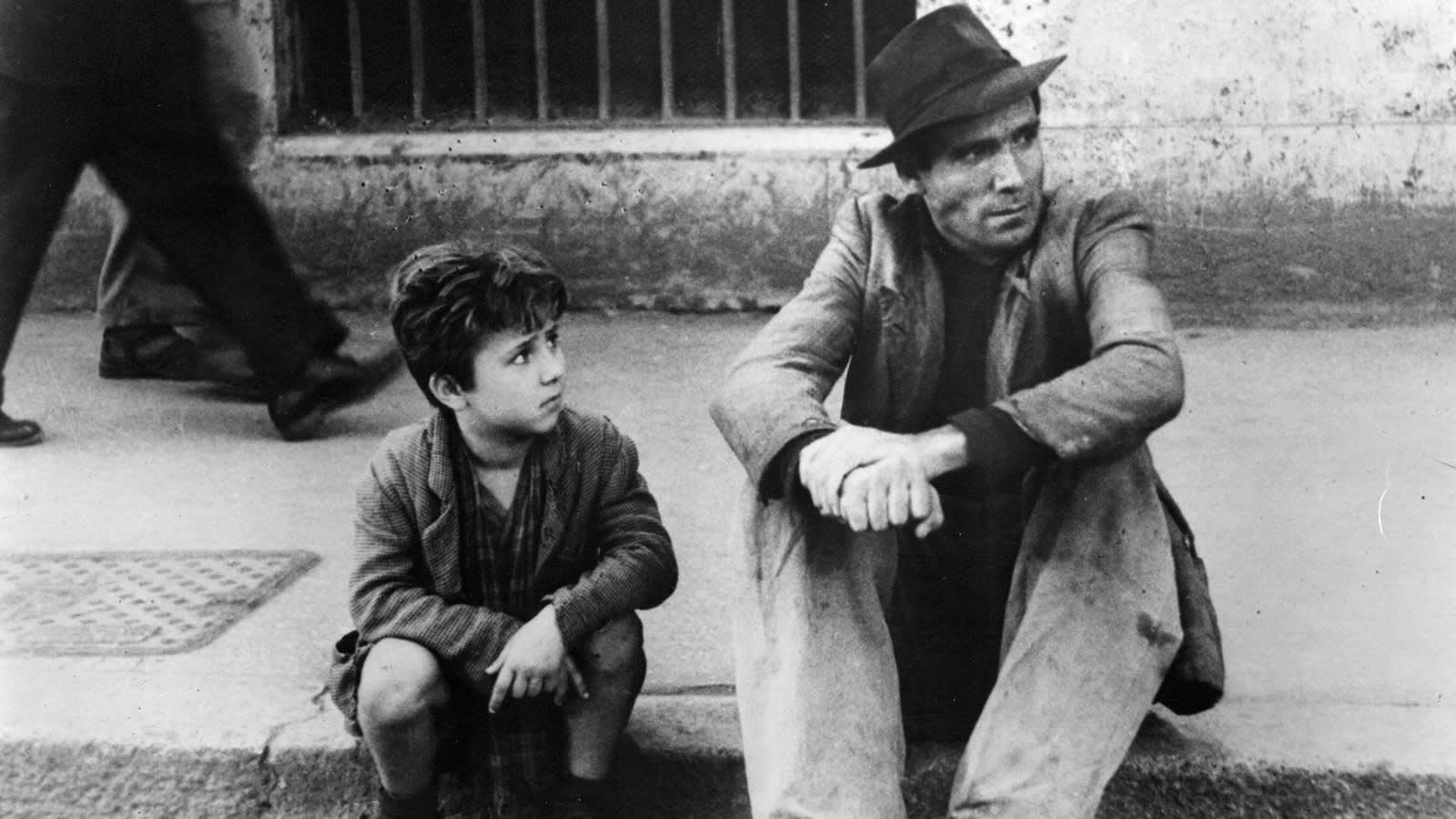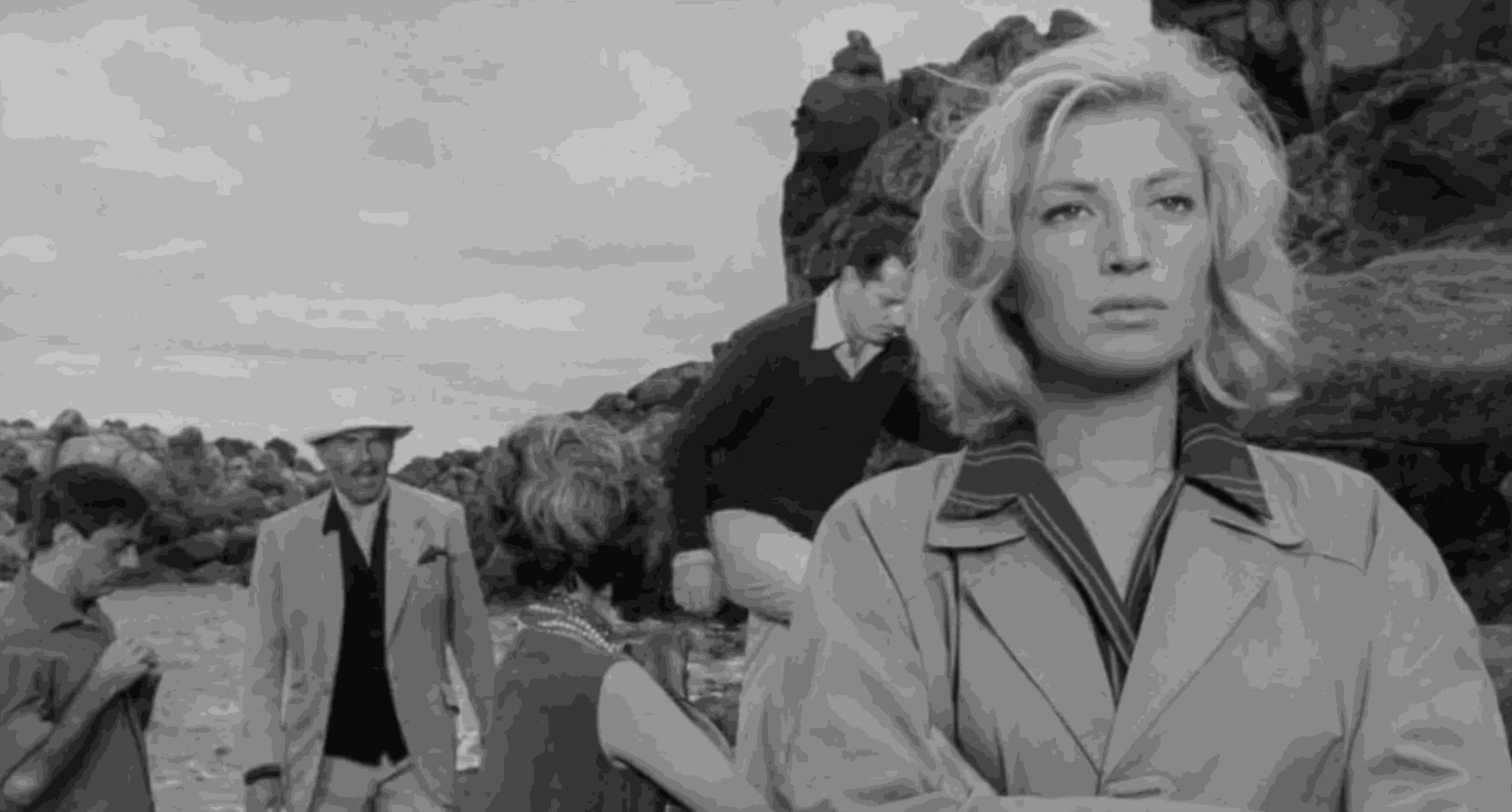A new three part film course at Linden Hall Studio; taught by John Wischmeyer, Cinema Lecturer at London’s City Lit. Each part of this voyage through Italy is a separate, stand-alone session (90 minutes) with introductory lecture and discussion of the generous clips and extracts throughout.
25th July
ROME OPEN CITY CONCLAVE
11am - 12:30pm
Along with Bicycle Thieves (1948), Roberto Rossellini’s strikingly beautiful Rome Open City (1945) is the signature work of Italian Neorealism. The film’s realism—its present tenseness— is potent, demonstrating the affinity for documentary of a certain kind of fiction and reminding us that fiction and documentary, although opposite poles of artistic expression, can intermingle and blend their elements in individual works—as they did in the recent real and fictional Conclave (2024), a political thriller based on Robert Harris’ 2016 novel in which Cardinal Lawrence (Ralph Fiennes) has to lead one of the world's most secretive and ancient events to select a new pope but uncovers a trail of deep secrets. By the late 1950s Rossellini was increasingly appalled by the mass media’s “cretinisation of adults” and went so far as to proclaim that “cinema is dead.” It’s alive at Linden Hall. And all these films treat us as sentient adults.


22nd August
BICYCLE THIEVES AND NEOREALISM
11am - 12:30pm
Unemployed Antonio is elated when he finally finds work hanging film posters of Rita Hayworth around war-torn Rome. However, on his first day, his bicycle—essential to his work—gets stolen. His job is doomed unless he can find the thief. With the help of his son, Antonio combs the city in this profoundly moving and accurate snapshot of post-war Italian society. This is the film everyone thinks of when you mention the word neorealism at a cocktail party. Neorealism was a revolutionary film movement that unfolded in post-World War II Italy and led to the French New Wave by filming on location, using nonprofessional actors in stories set amongst the poor and working class. Italian neorealist films directly confronted the difficult economical and moral conditions of post-fascist Italy.

19th September
ANTONIONI’S ADVENTURE AND HIS ECLIPSE
11am - 12:30pm
Michelangelo Antonioni turned the architecture of narrative filmmaking inside-out in the most eloquent way possible. Many of his iconic scenes are preserved in the depths of the cinema's psyche. Together with Fellini, Bergman and Kurosawa, Michelangelo Antonioni is credited with defining the modern art film. He is best known for his three films on modernity and its discontents: L’Avventura (1960), La Notte (1961), and L’Ecclisse (1962). This modern trilogy of The Adventure/The Night/The Eclipse, and his first English-language film Blowup (1966), emphasise visual composition, mood, and character over traditional narrative development. They defy category and form their own distinctive genre.

£12 a session or £30 for the course.
Complimentary tea/coffee & biscuits during session intervals.
(Important Notice to Ticket Holders - Tickets are non-refundable/exchangeable)
